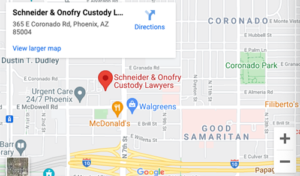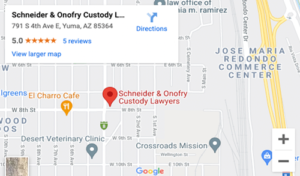Part III: Intellectual Property Rights
Intellectual property rights include patents, copyrights, tradenames, trademarks, and trade secrets. How are they different from each other?
Patents
A patent is a property right granted by the United States Patent and Trademark Office, which protects the creator of an invention, process, or machine by preventing others from making or selling that invention or idea for a limited period of time, typically 14-20 years.
Copyright Protection
Copyright laws protect original works of authorship, which include any kind of literary work, including books, articles, magazines, music (including lyrics), poetry, photographs, sculptures, motion pictures, recordings, audio recordings, software, and architectural works. “Original” as used in copyright law means only that the work was independently created by the author (as opposed to copied from other works) and possesses at least some minimal degree of creativity.
Copyright laws do not protect ideas, concepts, methods, or processes. Copyright protection extends to both published and unpublished works and is created as soon as the work itself is completed, but if a party wants to sue and enforce their right, they first need to register with the copyright office. After a copyright is obtained, the recipient holds the exclusive right to reproduce the original creation or any derivative works. Any copying or duplication of this without consent or a license is a violation.
Trademarks
A trademark protects the words, phrases, symbol, logo or other device that is used to identify the source of goods or services from other competitors. A trademark gives the owner exclusive use of that image or phrase and the right to prevent others from using a similar mark that would confuse consumers about who was providing or providing the service are producing the goods or services being purchased.
Trademarks can be registered through the United States Patent and Trademark Office. They can also be re-registered with the state.
Tradenames
A tradename is the official name under which a company does business. It is also known as a “doing business as” name, assumed name, or fictitious name.
A tradename does not provide any brand-name protection or provide the person with any unlimited right to use that name. However, registering a tradename can be an important branding exercise. If you name your business anything other than the full legal name of your entity or your own personal name, then you need to register it with the Secretary of State.
Registering your tradename does not protect the name from being used by others. The right to use a tradename belongs to the person who first uses it in connection with their type of business, although registering your tradename can help prove that you were the first person to use that name in connection with your type of business.
Trade Secrets
A trade secret means information, including a formula, pattern, compilation, program, device, method, technique or process, that (1) derives independent economic value from not being generally known to or readily ascertainable by other persons; and (2) is subject of reasonable efforts to maintain its secrecy.















